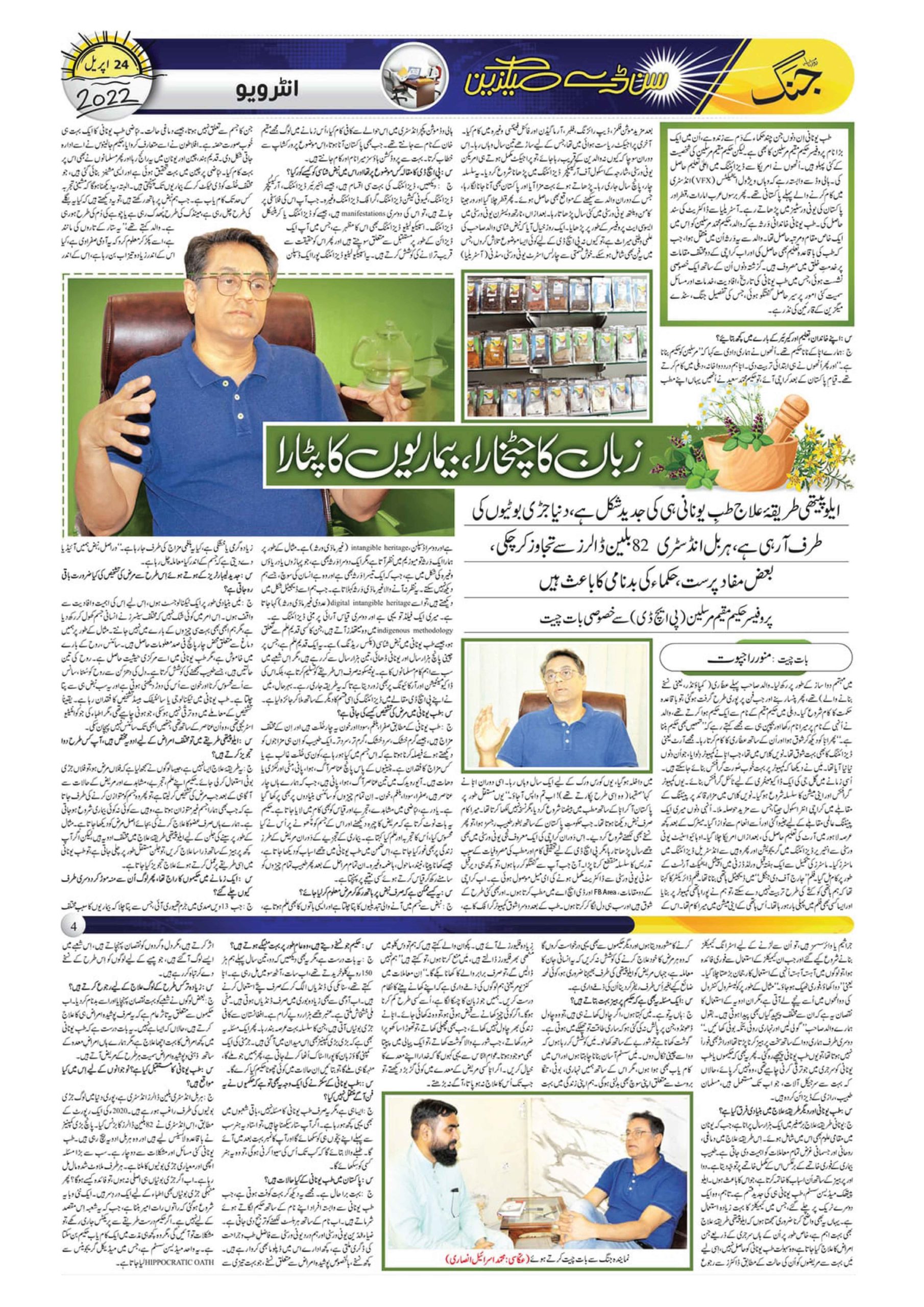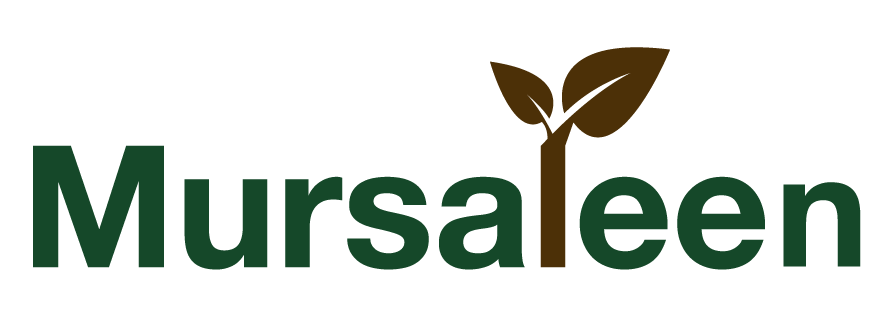
About
Dr. Muqeem Mursaleen (also known as Hakeem Muqeem or Muqeem Khan)
“I really believe that although the world is changing quickly, our bodies are not keeping up. Chemical-laden diets, food additives and hyper-connected lifestyles fuel a yearning for holistic wellness. Generative healing systems must rise to this challenge. By embracing innovation, they can offer solutions human health. By adapting to the changing world, generative healing systems can become powerful allies in navigating the complexities of modern life.”
Dr. Muqeem Mursaleen, a distinguished recipient of the “Pride of Pakistan” award from the Pakistani government, has been captivated by the world of medicinal herbs. His expertise encompasses their diverse efficacies, effective formulations, and the holistic approach that links these herbal remedies to the health of mind, body, and soul. His unquenchable thirst for multiple/multidisciplinary knowledge and curiosities led him to pursue a bachelor’s and master’s degrees in the United States, as well as a PhD in Australia. In his PhD studies, he propose a novel model for accessing and safeguarding indigenous methodologies, particularly non-codified or traditional knowledge like pulse diagnosis, indigenous methodology related to pharmacopeia and body posters in indigenous martial arts. He firmly believe that Intangible Cultural Heritage (ICH), such as language, poetry, dances, festive events, and indigenous methodologies like folklore remedies and their pharmacopeia, serve as the keys to unlocking our community’s hidden treasures. He has taught multidisciplinary courses in the United States, the Middle East, and Pakistan. His main area of interest is pulse diagnosis, which he has learnt from his father Hakeem Mursaleen and various other indigenous sources around the world. He is a registered Tabib/Hakeem with the National Council for Tibb, Government of Pakistan. He documented, archived, and transmitted traditional knowledge, indigenous techniques, and Intangible Cultural Heritage (ICH) through technologies, such as Virtual/Augmented/Extended realities during his PhD studies at Charles Stuart University in Australia. He proposed a new model for access to indigenous methodologies, particularly non-codified or traditional knowledge like Pulse Diagnosis, to ensure the continuity of cultural knowledge. This is a link to a newspaper article on him in the press where he discusses Unani medicine philosophy and pulse reading.

